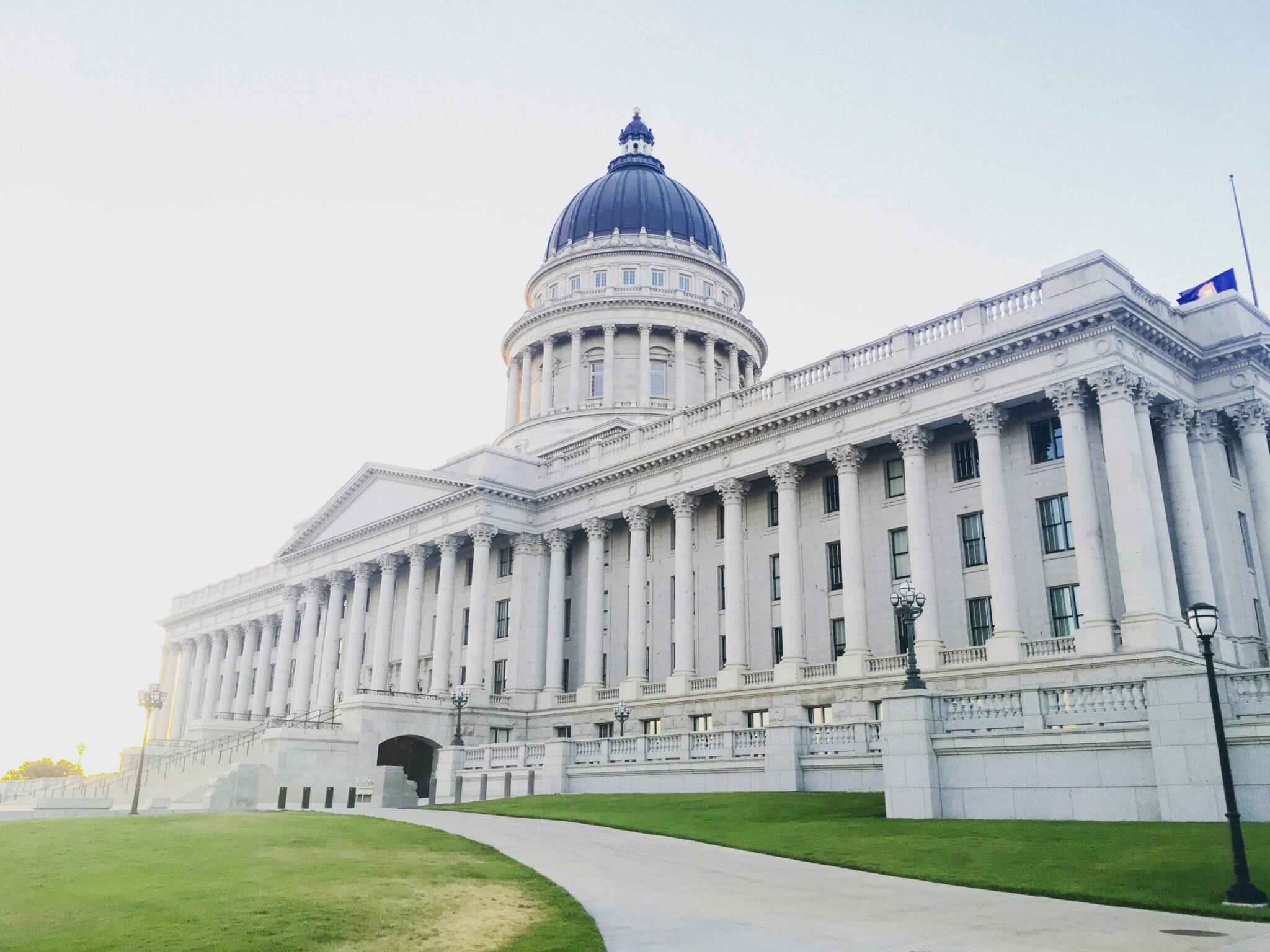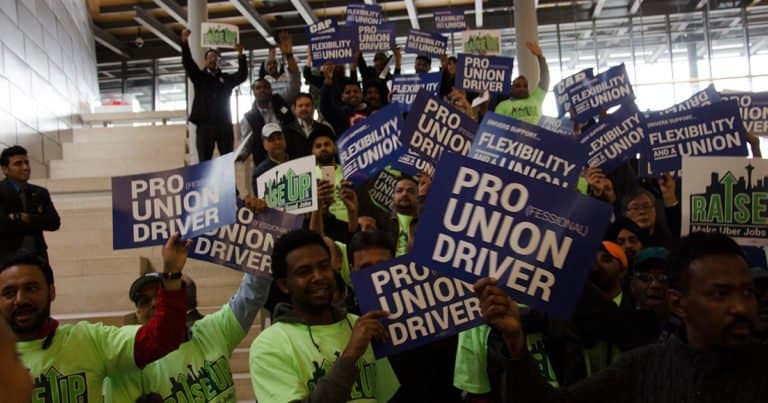
John Fry is a student at Harvard Law School.
In today’s news and commentary, Utah considers weakening public-sector unions; Amazon is accused of union-busting in Kentucky; and Philadelphia unions are helping members buy homes.
State employees in Utah are speaking out against a proposed bill that would weaken the state’s public-sector unions. Following the lead of Florida, which passed a similar bill last spring, the new law would require public-sector union members to “opt in” to paying dues each year and would require the unions to be re-certified once every five years. As in Florida, the law exempts “public safety” unions, including police and firefighters—widely seen as politically popular groups—from these requirements. As Michelle covered yesterday, these special exemptions can be divisive and hard to define. The head of a Utah firefighters union testified against the bill, saying: “My members, we don’t stand behind our teachers, maintenance workers and everybody else. We stand beside them.” The bill’s proponents insist that it will promote freedom of choice and union democracy.
Amazon is once again accused of union-busting at a Kentucky air hub amid a campaign by the Amazon Labor Union. When Amazon scheduled invite-only captive audience meetings with select groups of workers, organizer Griffin Ritze attempted to join the meetings and rebut the company’s anti-union arguments. As the law stands today, employers have the right to hold these meetings without granting union supporters an opportunity to reply. NLRB General Counsel Jennifer Abruzzo has made it a goal to change this doctrine. As Will covered last month, Amazon has previously attempted to stop union supporters from tabling outside the entrance to the air hub, leading union supporters to file unfair labor practice charges with the NLRB.
Unions in Philadelphia are providing support to help members buy homes, a response to the nationwide housing crisis that has captured increased attention in the labor movement. Helping workers find housing, which constitutes most Americans’ largest expense, is a valuable recruitment tool for unions, reports the Philadelphia Inquirer. The services provided include matching union members with realtors and lenders, discounts on insurance and moving costs, and rebates. The municipal union AFSCME has also held seminars to help members improve their credit ratings. As Ian discussed last month, hospitality workers with UNITE HERE Local 11 in Southern California have made affordable housing a central tenet of their monthslong strike wave.






Daily News & Commentary
Start your day with our roundup of the latest labor developments. See all
October 17
Third Circuit denies DOL's en banc rehearing request; Washington AG proposes legislation to protect immigrant workers; UAW files suit challenging government surveillance of non-citizen speech
October 16
NLRB seeks injunction of California’s law; Judge grants temporary restraining order stopping shutdown-related RIFs; and Governor Newsom vetoes an ILWU supported bill.
October 15
An interview with former NLRB chairman; Supreme Court denies cert in Southern California hotel case
October 14
Census Bureau layoffs, Amazon holiday hiring, and the final settlement in a meat producer wage-fixing lawsuit.
October 13
Texas hotel workers ratify a contract; Pope Leo visits labor leaders; Kaiser lays off over two hundred workers.
October 12
The Trump Administration fires thousands of federal workers; AFGE files a supplemental motion to pause the Administration’s mass firings; Democratic legislators harden their resolve during the government shutdown.